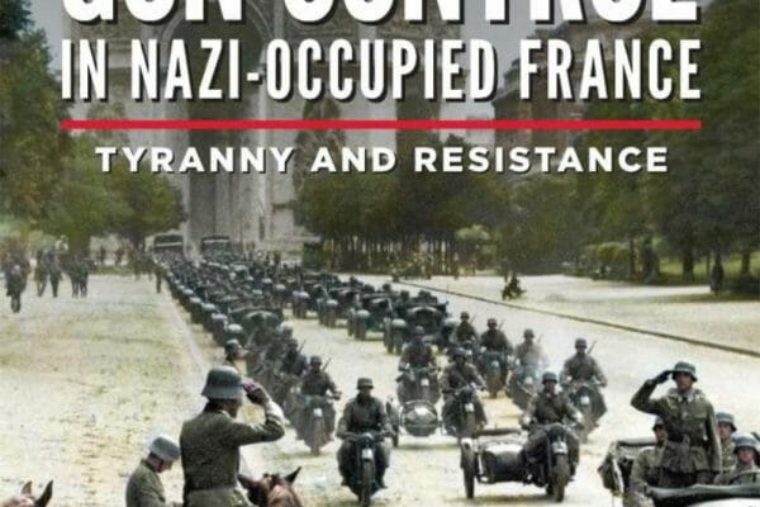FTA: In the 1930s, political unrest brought France to the brink of disaster, prompting Prime Minister Pierre Laval to impose restrictions on freedom of assembly, decree gun registration, and ban military-style firearms.
When France crumbled before the Nazi invasion in 1940, German soldiers mounted posters declaring that all firearms must be turned in within 24 hours under penalty of death.
The executions of disobedient gun owners failed to sway countless citizens to turn in their firearms. As one German report explained, “Weapons possession is the core of criminal activities of the French.”
Despite facing repression and terror, Resistance members armed themselves and conducted acts of sabotage, provided intelligence for the Allies, and helped pave the way to the Liberation.
Oakland, CA —-(Ammoland.com)- Countless books have addressed the atrocities committed by Hitler’s dictatorship, but none have focused on the Nazis’ repression of gun owners until legal scholar and historian Stephen P. Halbrook’s eye-opening 2013 exposé, Gun Control in the Third Reich: Disarming the Jews and “Enemies of the State.” Now Halbrook uses his considerable investigative and storytelling talents to reveal another forgotten chapter in the history of World War II in his latest book, Gun Control in Nazi-Occupied France: Tyranny and Resistance.
Focusing on the years 1934 through 1945, Halbrook provides the key that unlocks the secret history of France’s occupation under a brutal regime and the developments that helped lay the groundwork. Here at last is the story of France’s pre-war political convulsions, its restrictions of free assembly, its gun-registration laws, the invasion and occupation by Nazi Germany, the repression and execution of gun owners, popular resistance and, ultimately, liberation.
Drawing on newly discovered documents from German and French archives, diaries, and newspapers of the time, Gun Control in Nazi-Occupied France not only adds tremendously to our understanding of World War II, but it also remedies a longstanding gap in memory: neglect by historians of the men and women who risked the firing squad by defying German-issued decrees to surrender all firearms.
by Ammoland.com



